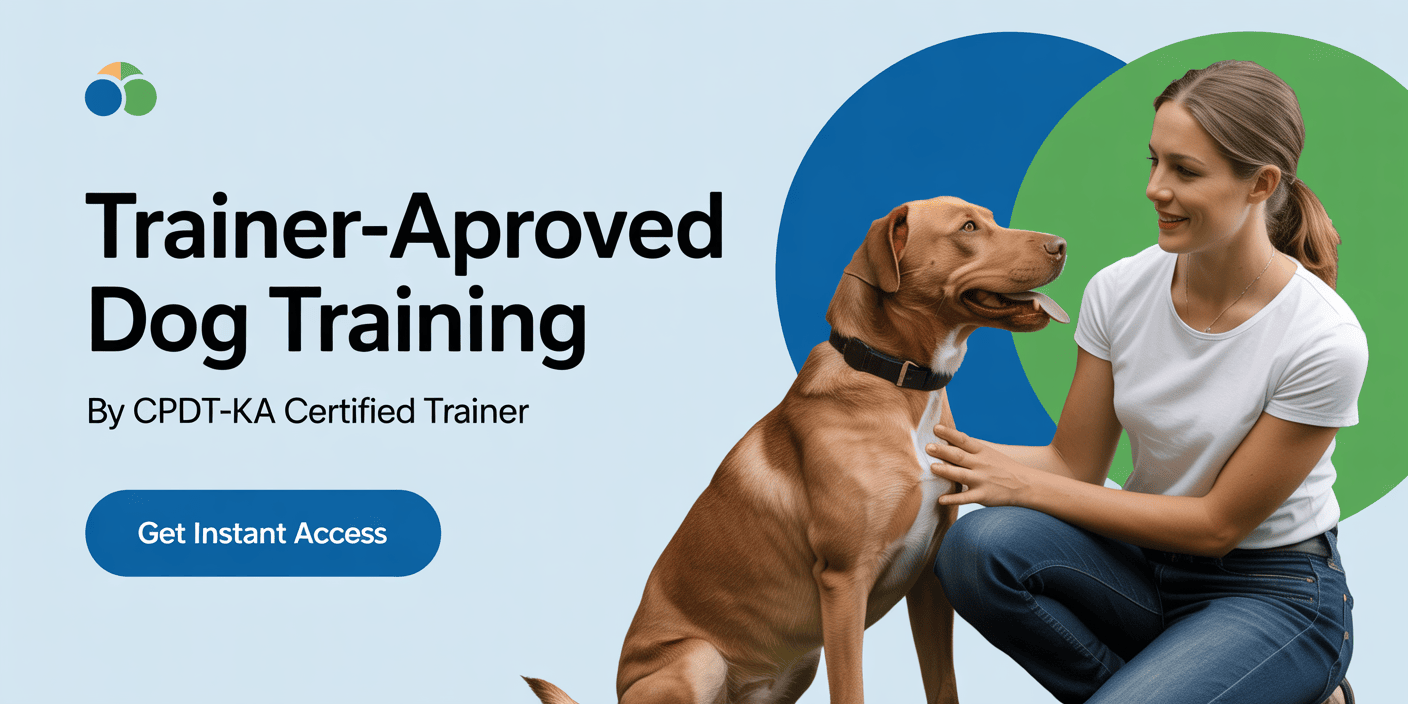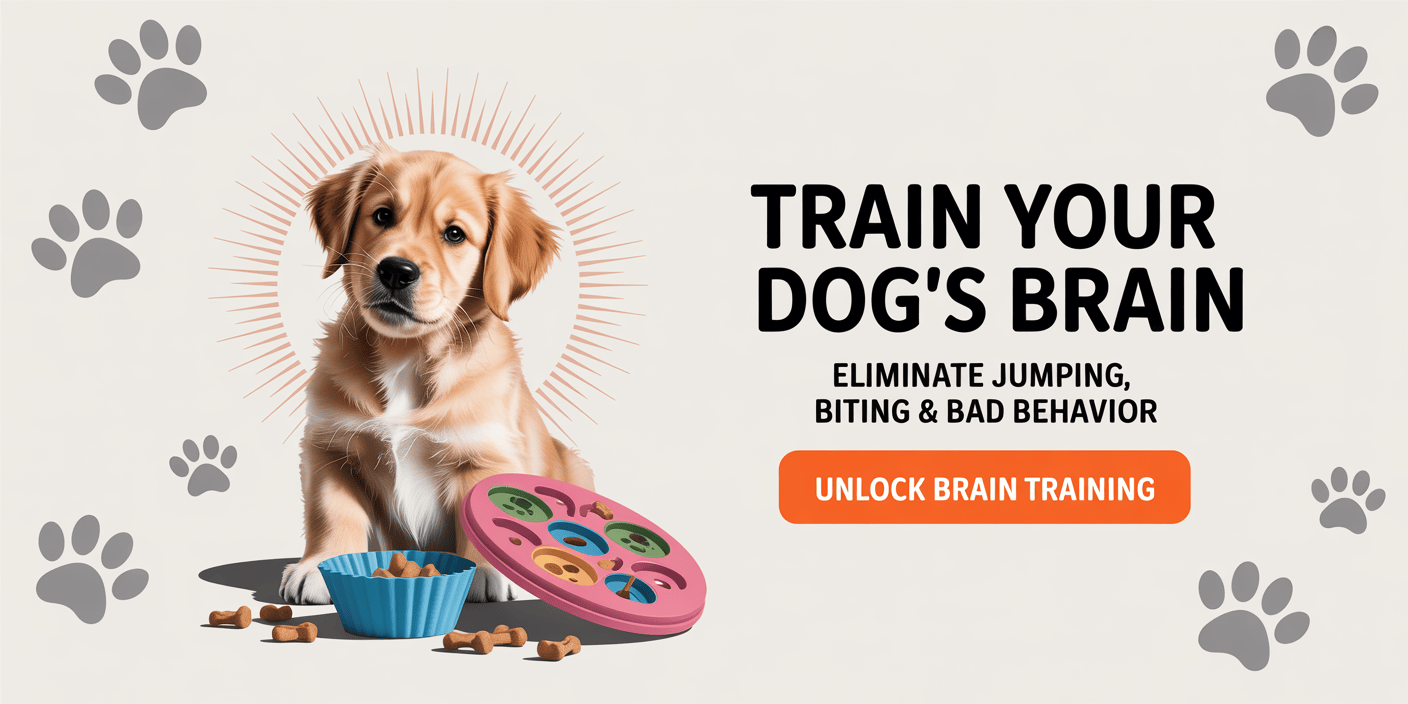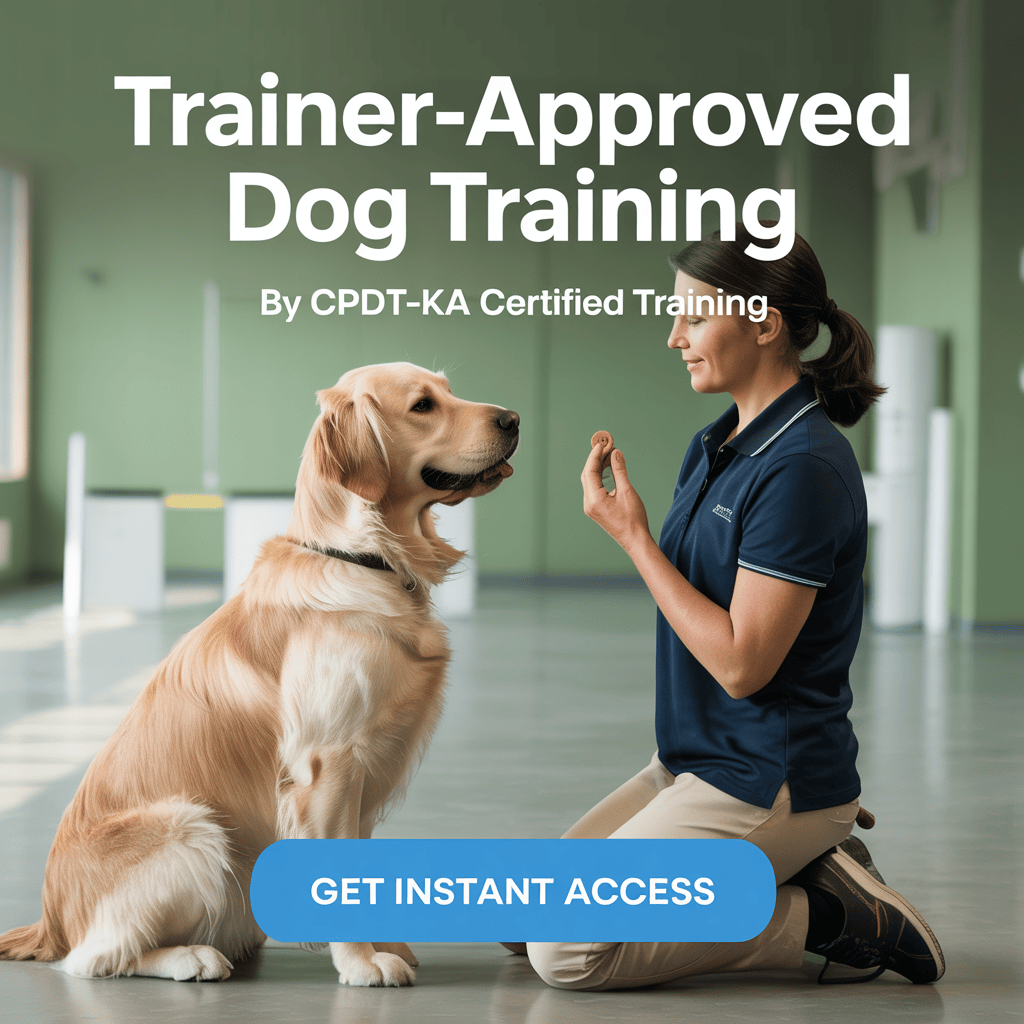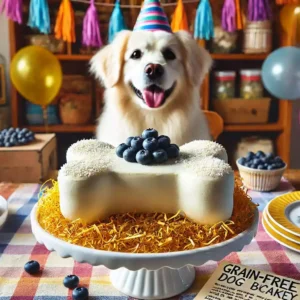Puppies love to mouth things and jump around, which 80% of new owners need to teach them not to do in the first six months. Without proper training, these natural behaviours can turn into big problems. That’s why it’s so important to learn how to stop a puppy from jumping. Experts like Chad Culp suggest using toys and commands to teach them better manners.
It’s crucial to start training early, as ignoring these behaviours can make them harder to fix later. Instead of hitting them, try saying “no” firmly and then giving them a chew toy. This guide will show you how to use positive training methods from puppy classes to help you and your puppy get along better.
Key Takeaways
- Redirect biting to toys to curb unwanted habits.
- Immediate verbal corrections followed by praise work best.
- Socialisation with other dogs reduces jumping incidents.
- Consistent training sessions daily build lasting discipline.
- Positive reinforcement boosts success rates compared to harsh methods.
Understanding Puppy Jumping Behaviour
Puppy jumping comes from instincts related to social interaction. Dog training tips suggest watching these behaviours to tackle them well. Spotting what triggers jumping is key to preventing puppy jumping early on.
Recognizing Natural Instincts
Puppies jump to show excitement or playfulness. This mirrors how they act with their siblings early on. Experts say these actions are survival tactics to show dominance or get attention.
- Jumping as a form of greeting
- Exploring boundaries through physical contact
- Testing pack hierarchy
Signs to Look For
Look out for these signs to guess when they might jump:
| Sign | Interpretation |
|---|---|
| Barking before jumping | Excitement or frustration |
| Wiggling tail during jumps | Playfulness or anxiety |
| Ear positions | Forward-facing ears signal readiness; flattened ears may indicate stress |
“Consistency in observing these signals forms the foundation of effective training,” states the American Kennel Club’s behavior guide.
Why Puppies Jump: Common Reasons and Triggers
Puppies jump for reasons tied to their instincts and surroundings. To tackle this behaviour, knowing the triggers is crucial. Here’s what training techniques for puppies often miss, but experts stress:
- Excitement: Puppies jump when they’re excited to see people or play. This is a social act they learn from their siblings, sometimes seen as aggression.
- Attention-seeking: Jumping gets a reaction, and when ignored, puppies jump more to get attention. Studies show this behaviour increases when owners respond.
- Anxiety or overstimulation: Puppies may jump due to loud noises or new places. Signs of stress include a stiff tail.
A puppy’s jumping isn’t defiance—it’s a language. Listen first, then teach alternatives.” — Certified Trainer Sarah Lee, American Kennel Club
Effective training techniques for puppies must tackle these root causes. Teaching commands like “sit” before greetings can replace jumping. Being consistent in all interactions builds trust and cuts down on unwanted behaviours.
How to Stop a Puppy from Jumping: Direct Strategies

Effective strategies mix quick fixes with ongoing practice. Leash training and puppy obedience training lay the groundwork for lasting change. Start these steps today.
Immediate Interventions
Stop jumping right when it starts. Use a leash to guide your puppy into a sit or down position. Say “no” quickly and use the leash to signal wrong behaviour. The “pop” method—gently lifting the leash—distracts without force.
- Hold the leash firmly and step backwards to create space.
- Turn away to remove attention until jumping stops.
“The goal is to replace jumping with calm behavior, not punishment.” — Certified Trainer Sarah Lee,
Long-Term Training Goals
Daily practice is key in puppy obedience training. Short sessions (5-10 minutes) build discipline. Use treats to reward desired actions. Consistency turns commands into habits.
- Practice “sit” and “stay” near entryways where jumping often happens.
- Gradually reduce leash dependence as your puppy learns verbal cues.
Track progress weekly. Celebrate small wins to stay motivated.
Puppy Behaviour Training Basics
Learning to teach a puppy not to jump begins with understanding key training principles. Puppies learn best in their first year. So, starting early is crucial for lasting habits. Being consistent and patient is essential for shaping good behaviours.
- Begin with short daily sessions—5 to 10 minutes—to avoid overwhelming your puppy.
- Use clear commands like “sit” or “down” as alternatives to jumping.
- Praise good choices immediately to reinforce positive actions.
Structured routines help create predictability. Teach your puppy to link calm behaviour with rewards. For instance, ignore jumping but reward them when all four paws are on the floor. This redirects their energy into good actions.
“Puppies thrive on repetition and reward. Training becomes easier when you make learning a game.”
Combine these basics with teaching a puppy not to jump exercises. Practice in quiet areas first, then add guests or distractions. Always end on a positive note to keep your puppy eager.
Remember: Consistent practice strengthens the bond and builds trust. Small, frequent lessons help puppies understand expectations quickly. Stay patient—progress is made step by step.
Positive Reinforcement Techniques
Positive reinforcement training builds trust and teaches puppies desired behaviours through rewards. This method encourages good habits without punishment, making it ideal for stopping jumping.
Reward-Based Training Approaches
Start by rewarding calm moments instantly. When your puppy stops jumping, offer a treat and say “Yes!” Pair rewards with commands like “Sit” to link actions to positive outcomes. Consistency is key: repeat sessions daily to strengthen the behaviour. Consistent practice ensures the puppy connects calm actions with rewards.
- Give small treats when they stop jumping
- Use high-pitched praise to mark good choices
- Gradually reduce treats and increase verbal praise
Setting Clear Boundaries
Boundaries clarify expectations. If your puppy jumps, turn away until they calm down. Redirect energy with a toy or command to “Sit.” Over time, your puppy learns that calm behaviour gets attention.
| Method | Action | Example |
|---|---|---|
| Reward | Offer a treat | Puppy sits → give a snack |
| Boundary | Turn away | Puppy jumps → ignore until calm |
Leash Training to Prevent Jumping

Leashes are more than just for walks. They’re a crucial tool in correcting puppy jumping behaviour. Use it to guide your puppy and redirect their energy. Start by keeping the leash short during greetings to keep control.
When your puppy jumps, gently pull upward while saying “no” to signal the stop. Then, say “sit” to refocus their attention.
- Hold the leash firmly but loosely. Apply mild tension to discourage jumping.
- When your puppy stays calm, reward with treats or praise.
- Repeat daily in different settings to build consistent habits.
“A leash creates a physical connection, making it easier to interrupt unwanted actions and reinforce good ones.”
Practice near doors or in high-traffic areas where jumping often occurs. If your puppy lunges, step backwards to shorten the leash, creating a natural barrier. Over time, this teaches them that calmness earns rewards.
Consistency is key—use the leash during all interactions until the behaviour fades. Always pair corrections with positive alternatives to avoid confusion.
Leash training works best with patience. Combine it with correcting puppy jumping behaviour strategies from earlier steps, like praise-based rewards. Refer to guides from the American Kennel Club and PuppyTrainingHub.com for detailed techniques. Stay calm and firm to build trust while guiding your puppy toward better habits.
Correcting Undesirable Puppy Jumping Behaviour
Stopping puppy jumping needs quick, calm actions. When your puppy jumps up, act fast to teach them what’s right.
Interrupting the Behaviour
Timing is key. The moment your puppy jumps, use a clear signal to stop them. Turn sideways or step back, saying “enough” in a firm tone.
Avoid yelling or physical force. Wait until they pause—then reward calmness with praise or a treat. Being consistent helps them understand.
Consistent Corrections
- Use the same words and actions each time.
- Pause play or attention until jumping stops.
- Pair corrections with positive rewards for good behaviour.
Repetition teaches your puppy that calm behaviour gets rewards. Stay patient—most puppies need 2-3 weeks of daily practice.
Dog Training Tips: Advanced Approaches

Advanced dog training needs special strategies for stopping jumping. Begin with desensitisation exercises. Gradually introduce your puppy to triggers like visitors while rewarding calmness. This helps build self-control over time.
- Redirect energy: Use structured play to channel jumping. Teach “fetch” or puzzle toys to use up energy before meeting people.
- Command sequences: Mix commands like “sit” and “stay” before giving rewards. This helps control impulses during excitement.
“Advanced training isn’t about force—it’s about understanding your dog’s signals.” — Certified Dog Trainer Association
Adjust training based on your puppy’s energy. High-energy breeds might need longer training sessions. Use baby gates to control access during training. Keep a journal to track when jumping happens and adjust your plan.
Combine advanced techniques with consistency. For example, ignore your puppy until all paws are on the floor during greetings. This teaches self-control through delayed rewards.
Integrating Training into Daily Routines
To build good habits, make training a part of your daily routine. Short, regular sessions are better than long, infrequent ones. Begin with 10-15 minutes of practice twice a day. This approach helps your puppy learn quickly and avoids confusion.
Creating a Consistent Schedule
Keep training times the same every day, like in the morning and evening. Use meal times for training, like asking your puppy to sit before eating. The American Kennel Club found that regular practice helps puppies remember lessons better.
- Pair walks with commands: Practice “sit” or “stay” before opening the door.
- Use breaks between activities: Train during transitions, like after playtime or before bedtime.
Engaging Play and Training
Mix fun with learning. Choose toys that help your puppy stay calm, like puzzle feeders or chew toys. Play fetch but stop if your puppy jumps. Start again only when they’re calm.
| Activity | Training Goal |
|---|---|
| Mealtime | Practice “sit” and patience |
| Playtime | Reinforce recall commands |
| Bedtime | Practice settling exercises |
Experts suggest 5-minute “check-in” sessions during chores, like folding laundry. Ask your puppy to touch your hand or lie down while you work. This helps them focus without long training sessions.
Overcoming Training Obstacles and Setbacks
Key challenges often include inconsistent routines or high excitement levels. For instance, mixing commands like “sit” and “stay” can confuse puppies, slowing progress.
Identifying Challenges
Watch for signs like your puppy ignoring commands or acting overly excited. High arousal levels may block learning—studies show that overly excited dogs struggle with problem-solving tasks. Track when issues occur, like during playtime or when visitors arrive.
Adjusting Your Strategy
Reassess your approach with these steps:
- Stick to one command phrase and reward system. Consistency cuts confusion.
- Lower excitement by using low-value treats like kibble instead of high-value snacks. Structured games like fetch with “sit” before throwing can help.
- Pause sessions if frustration arises. Take breaks and return when calm. Remember, your mood affects your puppy’s focus.
Every setback is a chance to refine your methods. Stay patient—progress takes time. Consistent small steps build lasting habits.
🐶 Stop Jumping & Biting—Train Your Puppy the Smart Way
If your puppy keeps jumping up, nipping, or biting, it’s not disobedience—it’s unused mental energy.
That’s exactly what Brain Training For Dogs fixes.
✅ Why Thousands of Dog Owners Trust This Program:
- 🧠 Unlocks your dog’s hidden intelligence to stop bad behaviour fast
- 🐾 Force-free & science-based training (no shouting, no dominance)
- 🎯 Step-by-step games that reduce jumping, biting & hyperactivity
- 👩⚕️ Created by CPDT-KA certified professional trainer Adrienne Farricelli
- 📚 Covers puppy biting, jumping, barking, chewing & impulse control
- 💻 Instant online access + 60-day money-back guarantee
👉 Click here to start Brain Training For Dogs and calm your puppy today
Gentle. Proven. Beginner-friendly.
Conclusion
Stopping a puppy from jumping and biting needs consistent training and positive rewards. The American Kennel Club says ignore bad behaviour and reward calm actions. This builds good habits over time.
Starting early helps avoid bigger problems, as the Humane Society points out. It makes interactions safer and lowers anxiety.
Using time-outs and teaching commands like ‘off’ helps manage energy. Petfinder says giving mental and physical exercise cuts down on jumping. Also, being calm shows your puppy what to do.
Everyone in the family should follow the same rules to avoid confusion. This builds trust and helps your puppy feel secure.
If you hit a snag, getting help from a pro is smart. Mix leash training, rewards, and socialisation for a well-behaved pup. The American Kennel Club and Humane Society agree that early, patient work pays off in the long run.
Training is a team effort. Be patient and set clear rules, like rewarding calmness and avoiding mixed signals. With consistent effort, you’ll create a strong bond with your puppy.
FAQ
How can I prevent my puppy from jumping on guests?
To stop your puppy from jumping on guests, teach them the “sit” command. Use treats and praise when they sit calmly. Also, keep them on a leash to control their behaviour and stop jumping.
What are some effective training techniques for puppies?
Good training for puppies includes clear commands and positive rewards. It’s also important to set boundaries. Redirect their energy with toys when they jump to teach them better behaviour.
Is it normal for puppies to jump and bite?
Yes, puppies often jump and bite because they’re excited and playful. But it’s important to teach them good manners early to stop these habits.
How much time should I dedicate to puppy obedience training?
Train your puppy daily for 5 to 10 minutes. Focus on one command at a time. Regular practice is key to good training.
What are some signs that my puppy is anxious or overexcited?
Look out for signs like too much barking, jumping, and panting. These can mean your puppy is too excited or anxious. Catching these signs early helps correct their behaviour.
Can leash training help with my puppy’s jumping problem?
Yes, leash training can really help. It keeps your puppy calm during greetings. This way, you can manage their behaviour and teach them to stay still.
Should I correct my puppy every time they jump?
Yes, it’s important to be consistent. When your puppy jumps, say “no” and reward them only when they’re calm. This teaches them good behaviour.
How do I encourage my puppy to engage in positive behaviours instead of jumping?
Use treats and praise to reward calm behaviour. This helps your puppy learn that staying calm is better than jumping.
What are the common challenges I might face while training my puppy?
Challenges include being too harsh, getting too excited, or being distracted. It’s important to adjust your training to overcome these issues for effective learning.







wette deutschland frankreich
Stop by my blog post bonus wetten – https://halo-signs.com –